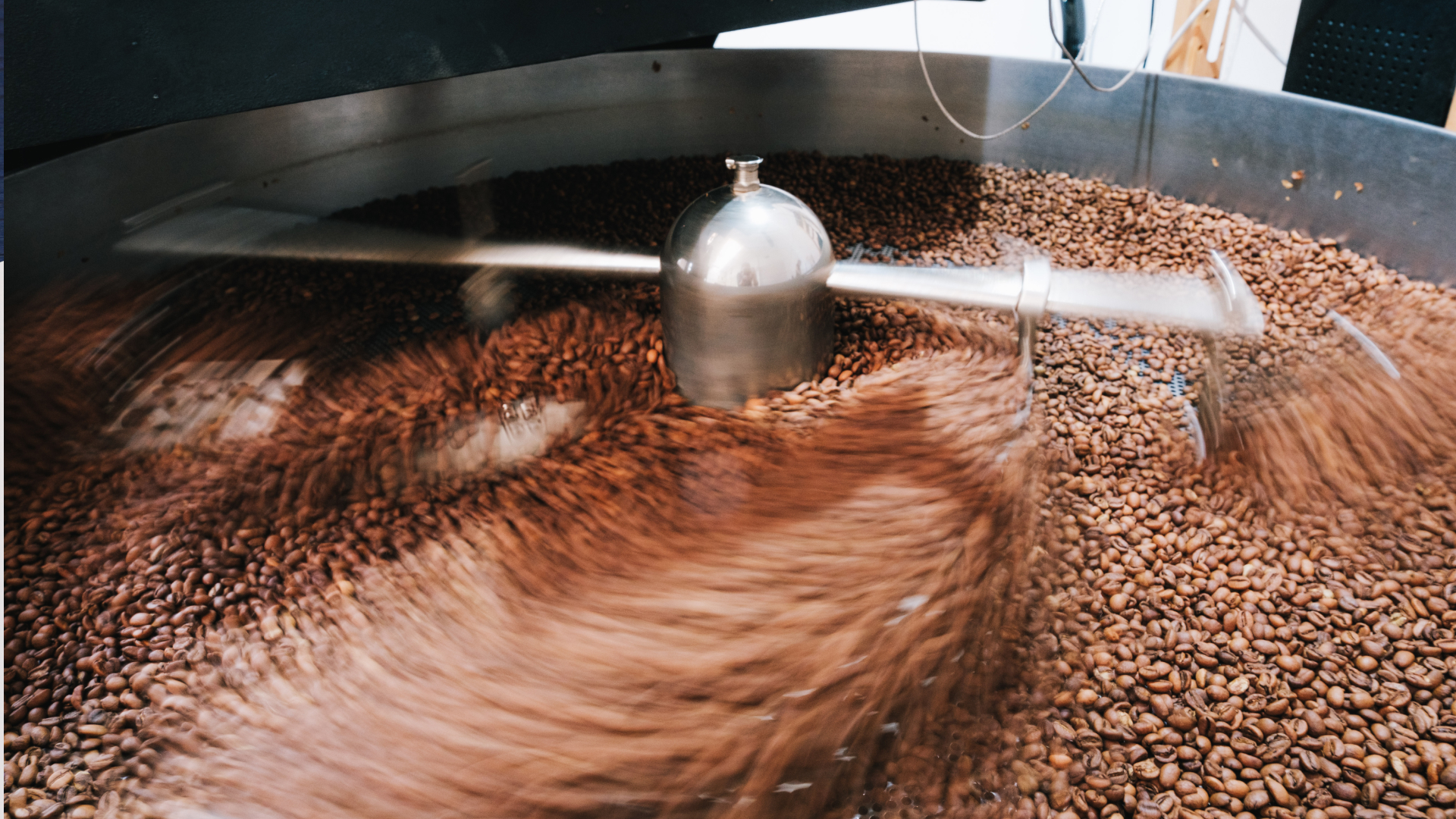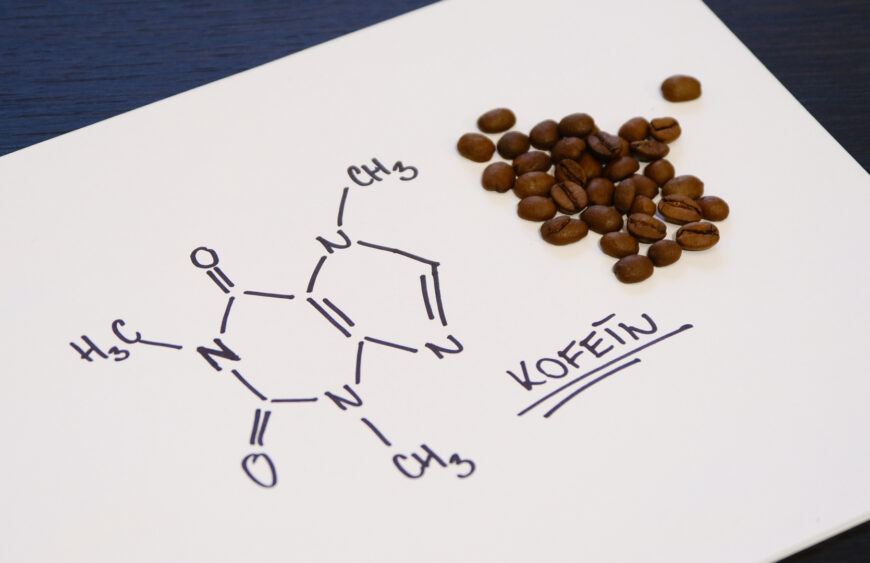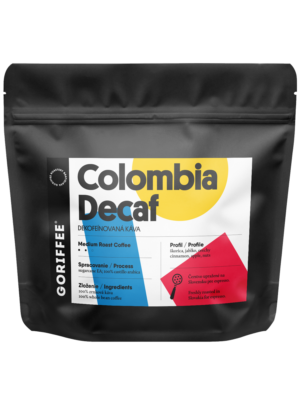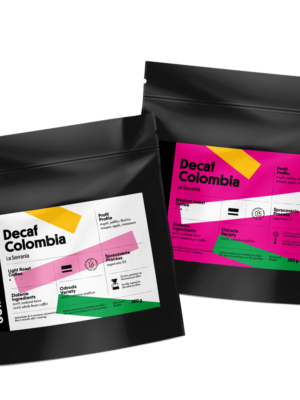Can you imagine a morning without a cup of coffee? Caffeine is one of the most popular stimulants in the world. But how does it actually work, where did it come from and what does it do in our bodies? To
What is caffeine?
Caffeine is a natural substance found in plants such as coffee beans, tea leaves, cocoa beans and guarana. In plants, caffeine serves as a natural insecticide that protects the plant from pests. For humans, however, caffeine is a central nervous system stimulant that can improve alertness and concentration.
Caffeine affects our brains by blocking the effects of adenosine, a chemical in the brain that makes us feel tired. The result is increased alertness and a feeling of energy.
In addition to blocking adenosine, caffeine also stimulates adrenaline production. This prepares the body to respond to a stressful situation – it increases the heart rate, improves blood flow to the muscles, and increases the release of glucose into the blood, giving the body quick energy.
By blocking adenosine, caffeine also indirectly increases dopamine activity, which is credited with improving mood.
How long does it work?
The half-life of caffeine, the time it takes for half the amount ingested to be eliminated from the body, is approximately 4 to 6 hours. This means that the effects of a cup of coffee can linger for several hours after drinking it. However, for people who are more sensitive to caffeine, these effects may be more intense and longer lasting.

How did it all start?
According to legend, he discovered the effects of coffee in 9. In the 11th century, an Ethiopian shepherd noticed that his goats were full of energy after consuming coffee berries. Do you get it? Goats 😀
Until in the 15th century, coffee began to be cultivated in Yemen and spread across the Arabian Peninsula. However, it did not reach Europe until in the 16th century through traders and diplomats, and one of the first European coffee houses was established in Venice.
Consumption of coffee, tea and chocolate has grown steadily, with coffee becoming one of the most traded products in the world. V 20. In the 20th and 21st centuries, caffeine began to be added to a variety of energy drinks and dietary supplements, expanding its use beyond traditional beverages, and today it is one of the most widely used psychoactive substances in the world.
What are the benefits of caffeine?
1. Vigilance and alertness
2. Physical performance
3. Better mood
4. Better memory
5. Accelerated metabolism
6. Reduces the risk of disease
7. Antioxidants
And last but not least, time spent with a good coffee with friends contributes to overall mental and emotional health.
Of course, caffeine can also have adverse effects. It is not suitable for people suffering from anxiety, insomnia, high blood pressure, nor for pregnant women. High doses of caffeine can speed up digestion too much and cause discomfort.
What if caffeine doesn’t make me feel good?
Drinking decaffeinated coffee is a good option for those who want to limit caffeine but still want to enjoy the taste of coffee. Although there may be a difference in taste, modern decaffeination methods try to preserve as much of the original flavor as possible.
-
 Colombia Popayan decaf13,00 € – 50,00 €
Colombia Popayan decaf13,00 € – 50,00 € -
 Colombia La Serrania decaf12,00 € – 48,00 €
Colombia La Serrania decaf12,00 € – 48,00 €







